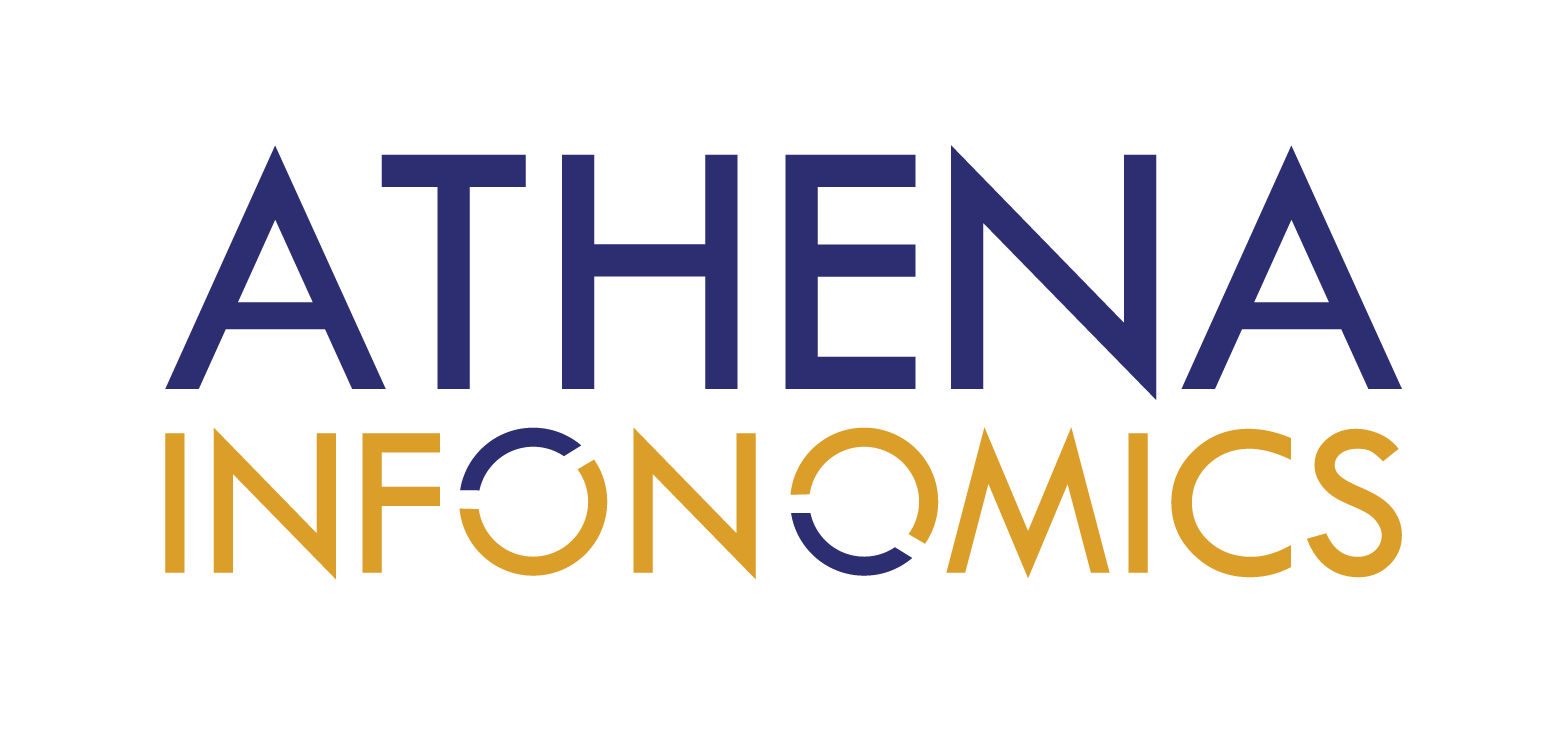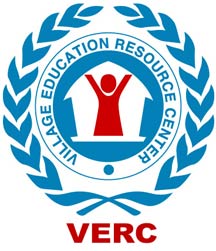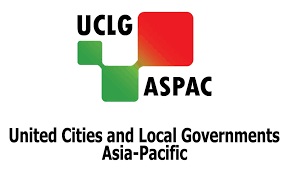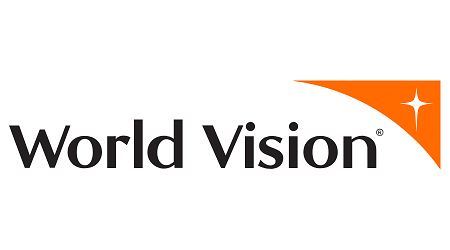Collaborators
Total: 27
Athena Infonomics
With more than a decade of experience, Athena Infonomics has established itself as a world-class impact solutions group. We combine social science research methods and ICT tools to advance policies, processes, and programs that empower communities with data while supporting sustainable and equitable outcomes. Our movement is growing: Athena Infonomics has offices in India, the United States, the United Kingdom, and Kenya, alongside program hubs spanning Sub-Saharan Africa and South Asia. Athena Infonomics was founded in Chennai, India in 2010. Chennai remains our global hub, and this southern Indian city exemplifies the local lens that we apply to our work. Not only is our team knowledgeable on issues pertaining to global development, but many of us are based or have spent considerable time working in low- and middle-income countries.
BRAC
BRAC, founded in 1972 , stands as one of the world's largest and most influential non-governmental organizations. Originating in response to the humanitarian needs arising from the Bangladesh Liberation War, BRAC has since evolved into a multifaceted development powerhouse. With a mission to alleviate poverty and empower the marginalized, BRAC operates across diverse sectors such as education, healthcare, social and economic development. Pioneering scalable and sustainable solutions, BRAC has significantly impacted millions of lives, particularly in Bangladesh and various developing nations. Known for its holistic and community-centric approach, BRAC's initiatives extend beyond borders, reaching Asia, Africa, and the Caribbean. The organization's innovative programs and social enterprises have garnered global recognition, making BRAC a driving force in the pursuit of inclusive and sustainable development worldwide.
Savar, Dhaka
VERC
Established back in 1977, the Village Education Resource Center (VERC) was a collaborative project of the Save the Children - USA and UNICEF. It was indigenized as a Private Voluntary Development Organization (PVDO) in 1981. VERC emerged to fill the void of in-country capacity building support to the government, community-based organizations and communities. Its initial activities included innovation of various development approaches and techniques, communication, education, training material development, imparting training, conducting participatory action researches and technology promotion. VERC’s field program evolved from the need for an environment to apply its innovations in participatory development. VERC innovated the CLTS approach in February 2000 as the pioneering organization in the WASH sector of Bangladesh, with the financial and technical assistance from Water Aid Bangladesh. In the process of working with the community at the grassroots level on WASH, it has been learned that community awareness and participation could prevent most of the water- and excreta-borne diseases, only if the community can be made possible to become empowered and sensitized. VERC’s experience has also been reflected in the national sanitation program strategy, and also in the Sector Development Plan (FY 2011-2025) for Water Supply and Sanitation Sector in Bangladesh. VERC has been carrying out a wide variety of programs like life skill education, WASH, health, microfinance & livelihoods, climate change adaptation and mitigation, and capacity building across the country with competent and experienced work-force. All these have been contributing in achieving its organizational objectives to a significant extent.
Dhaka
FINISH Mondial Bangladesh
FINISH Mondial Bangladesh has made significant strides in addressing sanitation challenges, contributing to a notable reduction in open defecation. While commendable progress has been achieved, the organization recognizes that a substantial portion of Bangladeshi households, approximately two-thirds, still lack access to safely managed toilets and treatment systems. Focused on peri-urban and faecal sludge management, the program has successfully benefited 150,000 individuals with safe sanitation, constructing 30,000 safely managed sanitation systems. Additionally, the initiative has treated 49,000 tons of solid waste and 13,000 tons of fecal sludge, preventing environmental contamination. The multifaceted approach extends beyond infrastructure, with 580 entrepreneurs receiving technical training and business coaching. Recent collaborations, such as the historic agreement with Eco Social Development Organisation (ESDO) Micro Finance, highlight FINISH Mondial Bangladesh's commitment to innovative solutions, positioning it as a dynamic force in transforming the water, sanitation, and hygiene (WASH) landscape in Bangladesh.
Jakarta
UCLG Asia Pacific
UCLG ASPAC is one of the Regional Sections of United Cities and Local Governments (UCLG), an amalgamation of International Union of Local Authorities, United Towns Organization (UTO), and World Association of the Major Metropolises (METROPOLIS). UCLG was established on 1 January 2004 and is headquartered in Barcelona, Spain. Following this unification, UCLG ASPAC was established in Taipei on 14 April 2004, as the new entity of IULA ASPAC. UCLG ASPAC is the key knowledge management hub on local government issues in the Asia Pacific region, and the only officially recognized voice of local governments by the United Nations. With connections to more than 7,000 cities and local governments, UCLG ASPAC represents well over 3.76 billion people – more than half of the world population, along with nations that are rapidly developing economically like China, India and Indonesia. Primarily, UCLG ASPAC is to serve its member cities as a key knowledge hub on all local government issues in the Asia-Pacific region. It enables collaboration between cities, local governments and their associations, and it encourages democratic local governance. It also makes partnerships, networks, and programmes to build capacity of local governments and its associations possible. Additionally, UCLG ASPAC advocates for local governments politically within the international community, including with the UN and its agencies.
GWSC-AIT
Global Water & Sanitation Center at the Asian Institute of Technology (GWSC-AIT) was founded in November 2022. GWSC aims to accelerate access to clean water, sanitation, and hygiene (WASH) for all in Asia by 2030, through assembling a catalytic platform of bright minds, experts, innovations and fundings to tackle challenges in the sector. We believe that by working together, we can make a real difference in improving lives.
NGO Forum for Public Health
NGO Forum for Public Health, established in 1982 and officially recognized in 1991, stands as a prominent national networking and service delivery organization in Bangladesh's Water, Sanitation, and Hygiene (WASH) sector. Originally formed in response to the United Nations' International Drinking Water Supply and Sanitation Decade, the organization has evolved to encompass a broader spectrum of development issues, renaming itself to reflect its expanded focus. Committed to promoting WASH, health, nutrition, governance, climate resilience, and humanitarian responsiveness, NGO Forum for Public Health plays a pivotal role in improving public health, particularly for marginalized communities. With a decentralized workforce and a vast network of around 850 partner NGOs and CBOs, the organization operates across 14 regions, engaging in inclusive initiatives that prioritize people's rights, human dignity, gender equity, and environmental sustainability. The NGO's goals include enhancing public health, reducing climate vulnerability, providing humanitarian services, and upholding human rights, all aligned with its vision of fostering an inclusive healthy society. Through its dynamic network, NGO Forum collaborates with national and international stakeholders to implement and advocate for policies that contribute to a healthier and more equitable society.
Shanta Western Tower (14th Floor), Tejgaon
World Vision Bangladesh
World Vision Bangladesh, is a global Christian relief, development, and advocacy organization creating lasting change in the lives of children, their families, and communities living in contexts of poverty and injustice. We are committed to serving and partnering with people in need. Through development, relief, and advocacy, we pursue the fullness of the life of every child by serving the poor and oppressed regardless of religion, race, ethnicity, or gender as a demonstration of God’s unconditional love for all people. World Vision was first involved with Bangladesh by responding to the cyclone victims of Bhola in 1970 during devastating tidal surges in the coastal areas of the country. Later the organization carried out relief operations in refugee camps in India in 1971. Following Bangladesh's independence in 1972, it started relief and rehabilitation programs as per the invitation of the Bangladesh Government. Presently World Vision Bangladesh is serving around 14.4 million children with Health, Nutrition, WASH, Education, Livelihood, Child protection, Sponsorship, and Community Engagement in 28 administrative districts with 56 Area Programs, and 40 private non-sponsorship (PNS), and 36 grant-funded projects. The objective of this organization is ‘To achieve sustainable well-being and build a brighter future for 28.4 million vulnerable children in Bangladesh by tackling causes and addressing effects of poverty, inequalities, and injustices’.
Bill & Melinda Gates Foundation
The Bill & Melinda Gates Foundation is a renowned philanthropic organization that was established in the year 2000.This foundation is dedicated to tackling some of the most pressing global challenges and improving the overall quality of life for individuals across the world. With a focus on global health, poverty alleviation, education, and access to technology, the foundation has played a pivotal role in driving positive change on a massive scale. One of the foundation's primary areas of focus is global health. It has made substantial investments in the fight against diseases like malaria, tuberculosis, and HIV/AIDS, with a goal of reducing the burden of these diseases and saving countless lives. Additionally, the foundation actively promotes vaccinations and healthcare access in underprivileged communities.









